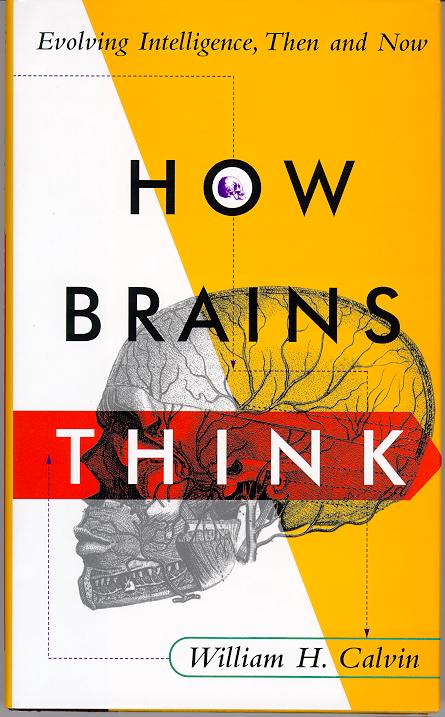You don't get how loose analogies work do you? you really got confused because i threw in a line about silver dollars being rare, and thought that was my argument? REALLY?
Yeah, you still don't get it. More ill-conceived arguments that still presupposes Atheists and agnostics have to prove something.

Don't sweat it. I'll explain one more time.
but first: NO, I don't claim that science is steadily lifting the cup. I don't even know where science entered my argument in your hostile little religious head. And NO there doesn't have to be proof that there's a silver dollar under the cup. THAT'S THE WHOLE POINT, reverend.
If there was proof, we'd all be Christians, wouldn't we?
Lift up that cup and show us the silver dollar and the atheists will say "yes, that's a silver dollar."
Lift up that cup and there's no silver dollar and Christians will say, "It's there, you just don't have the faith to see it."
Ever hear of that word before, "faith"?
What it means is that some people believe without proof. Some people don't believe without significant proof. And some people believe that the lack of proof is proof in itself. Those are atheists.
They don't have "faith" that there is no God. They just believe that there is no God.
And I hope I don't have to explain the difference between believing something and having faith in something...

By the way... lift up the cup and there's a dime under it and agnostics and atheists would say "oh, it's a dime." The Christian would say "no, it must be a new type of silver dollar."












